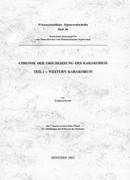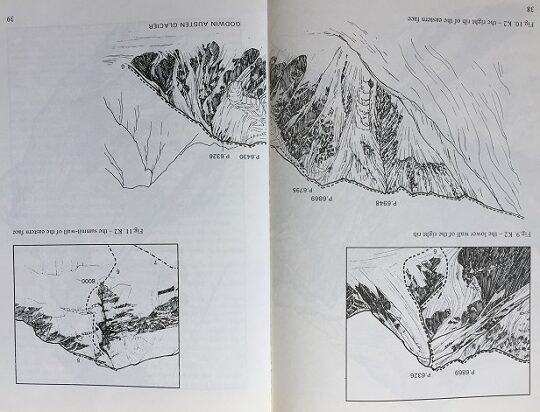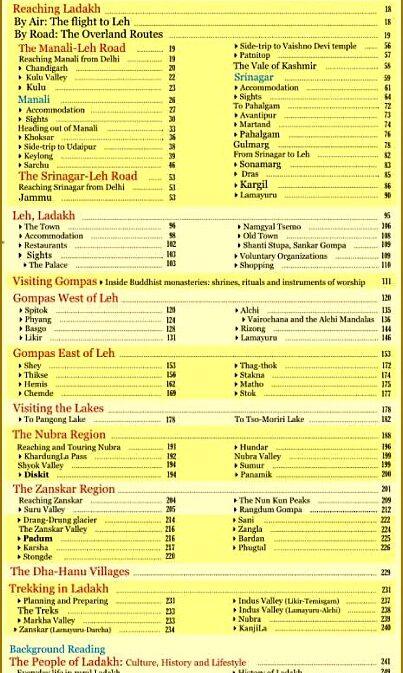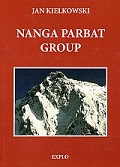Karakoram – Climbing Through the Kashmir Conflict
CHF 43.50 inkl. MwSt.
The best mountain climbing in the world, Steve Swenson will tell you, is in
the Karakoram. Swenson has been climbing in these mountains since 1980 and has
a perspective on the land and its people like few others. A complex place, the
Karakoram Range is located in Kashmir, a western Himalaya border region that
has a long history of tension and conflict between China, India, and Pakistan,
tensions that have only been magnified since 9/11. Over the course of more
than thirty years climbing there, Swenson’s experiences have been laced with
daunting challenges, exhilarating successes, and terrifying moments—caused by
the risks inherent in alpine environments, as well as politics below spilling
into the peaks above.
Swenson writes evocatively of his naiveté on his first visit to Pakistan for
an attempt on Gasherbrum IV, during which he faced the teeming, bewildering
streets of Islamabad and new challenges of dealing with a confusing array of
bureaucrats, hiring hundreds of porters desperate for work, as well as the
business of attempting to climb a towering peak just shy of 8,000 meters. By
2015 when he invited climbers to join him on an attempt of K6, Swenson had
become the old-hand; it was his familiarity with the region that got them
through the planning, the trek, and the climb.
Even as he managed a busy career and family at home, Swenson returned to the
region more than a dozen times, making attempts on well known giants such as
K2, Everest, and Nanga Parbat, as well as other, less familiar, peaks. While
he often succeeded, he was often turned back, forced from the mountains by
weather, failed logistics, fractured team dynamics, or unexpected skirmishes
in the region. What drew him, again and again, was that he always learned
something new and forged strong bonds with his climbing partners, including
Doug Scott, Alex Lowe, Steve House, and others. Stronger still became his
friendship with Haji Ghulam Rasool, a local Balti man whom he first met as a
young cook in 1984. Rasool and other Pakistanis have served as Swenson’s
window on this restive region, revealing how territorial conflicts can affect
not just international climbing expeditions, but also the day-to-day
livelihood of the local people.
Empfehlungen zum Thema
Sachbücher/ Dokumentationen
Chronik der Erschließung des Karakorum Teil 1 – Western Karakorum
Sachbücher/ Dokumentationen
Führerliteratur Alpin Sommer
Wanderführer/ Trekking
Führerliteratur Alpin Sommer












